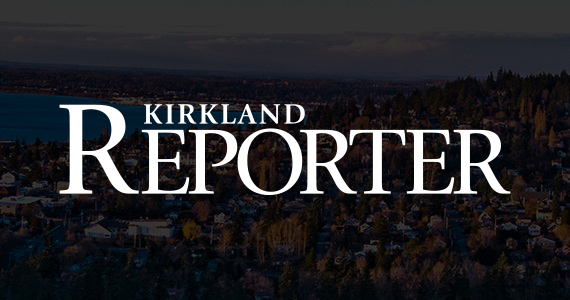The decision of state Sen. Andy Hill to not take on Gov. Jay Inslee in 2016 forced the Democratic Party attack machine to brake hard and return to the shop.
Whether The Donald gets a chance to make good on his campaign’s Make America Great Again motto won’t be known for a seeming eternity.
These days Jay Inslee might be America’s most frustrated governor. And we may soon find out how much more frustration — and stomach ache — he can take.
When the state’s duly elected auditor disappears while in office does anyone notice beyond the shadow of the Capitol dome?
For six months – officially 168 days and counting on Thursday – the state’s 147 citizen legislators and chief executive have been passing policies and playing politics.
If silence is golden, a lot of wealth is stockpiled in the state Capitol, where lawmakers and the governor are mum on progress in reaching a deal on a new state budget.
There’s nothing quite like the threat of a government shutdown July 1 to infuse urgency into negotiations on a new state budget.
The way Washington pays for public schools is illegal.
Cap-and-trade seemed dead and buried among the year’s fallen legislative ideas — until it wasn’t this week.
It took 207 days of campaigning through two elections in 2012 for Troy Xavier Kelley to secure the job as Washington’s state auditor.
State lawmakers are up for a raise in the next two years.
You know the quadrennial quandary in this state about how to make the presidential primary meaningful?
There will be no pomp or ceremony today when Gov. Jay Inslee plans to sit down with the Democrat and Republican leaders of the House and Senate to talk budget.
No one but Troy Xavier Kelley knows how long he will be the state auditor of Washington.
It is Washington’s quadrennial quandary.
Every four years, the conversation starts anew on how to make this state’s presidential primary meaningful in the process of electing the nation’s next leader.
Lawmakers are looking at ways to make the election process cheaper for voters, easier to see who is funding campaigns and harder to run initiatives with financial consequences.
With the start of another year comes the promise of another session of the state Legislature and the prospect — no, make that a guarantee — of more laws.
Democrats are trying to sort out what went wrong in the election and why the presence of Initiative 594 on the ballot didn’t motivate more of their voters to turn out.
Looks like the Grand Old Party got its groove back.
After this election, Republicans will hold a majority of seats in the state Senate for the first time since 2004 and boast their largest contingent in the state House in more than a decade.
In their final debate Wednesday, Democratic U.S. Rep. Suzan DelBene and Republican challenger Pedro Celis didn’t break any new ground or exchange withering verbal punches.

